“When I was in Lesbos, there were over 9,000, 10,000 people in the streets with little food, little water, and nothing else… literally lines of people stretched for miles and miles along the road.” – Myrto Xanthopoulou
“We saw busloads of Venezuelans choosing to return to Venezuela saying that as the situation got worse and xenophobia spiked, and [they] preferred simply to die in their own country…instead of dying in Columbia.” – Meghan López
“The flow of individuals from poor countries to rich countries, from religious countries to less-religious countries, from brown countries to white countries is going to keep happening at a massive scale…” – Mike Niconchuk
A burning refugee camp in the Greek island of Lesbos—at the time, the largest camp in Europe—dramatically reminded the world that the plight of people fleeing war, poverty, and climate catastrophe had only worsened under the added burden of pestilence. For people with little or nothing, who are fleeing from known evil and where any destination seems likely to be better, a public health crisis might not mean the same as it does to the rest of us.
That’s one conclusion from a recent New Thinking for a New World podcast with Myrto Xanthopoulou, who recently visited Lesbos on a fact-finding mission, Mike Niconchuk, who works with refugees in the Za´atari camp in Jordan, and Meghan López, who heads the International Rescue Committee’s work in Latin America. Another is the sheer, deepening desperation many refugees feel.
Niconchuk shared an anecdote from Za’atari, which houses 75,000 refugees. “An emergency room doctor who has seen many, many cases of an increase in psychosomatic complaints over the past several months because of COVID said, “I can give people medicine, I can give someone who’s acting out diazepam to calm them down. What I can’t do is give them meaning.” That hopelessness was echoed in the very destruction of Moria, the camp on Lesbos, which was burned down by refugees desperate to draw attention to their plight or, perhaps, just believing that whatever followed could not be worse.
Of course, that desperation comes on the back of bleak reality. As Xanthopoulou observed, “It’s always been a situation of terrible living conditions, a lot of uncertainty, lack of communication or explanation about what’s going to happen to them, lots of waiting for their asylum decisions…. lots of waiting and waiting and waiting, while doing nothing.”
In the Americas, reality is less about camps and more about motion—refugees from Venezuela, fleeing south, and from Central America, fleeing north. López described “Venezuelans trying to subsist living many, many, many people to a one room apartment” and Central Americans “taking a 4,000 mile journey through multiple gang territory, through narco-trafficking territories” because the violence in their communities is even more dangerous. She told the story of a family, barely scraping by but avoiding the gangs—until their young daughter catches the attention of the gangs who “invite her” to become a gang girlfriend, “which is more akin to sexual slavery.” That is reality, she says, not the potential danger of the trip north. “It doesn’t really matter what the challenge will be, they’re willing to risk it.”
Covid-19 pales by comparison; as Xanthopoulou put it, “The pandemic is the least of their worries.” Moreover, many refugees are young and have read online that the young are invulnerable; other refugees live in countries like Colombia and Jordan where at least the initial impact of the pandemic was muted, so it seemed “amorphous” in López’s characterization.
However, what proved quite real were the lockdowns. Niconchuk described three months in Za’Atari when most support activities were shut down with “no entry, no exit” between sunset and sunrise, “It was simply, let’s make sure that we’re keeping this virus away from you and pretty much to hell with everything else that you need.” López saw “really well-done public health measures have the incredible impact of cutting off all resources for vulnerable communities.” And Xanthopoulou insisted that lockdowns in Lesbos and elsewhere in Greece “were an excuse,” supposedly to protect refugees, “but obviously…to protect the rest of the population from them. The pandemic…is not a worry for these populations.”
But the consequences certainly have been. López described a “shadow pandemic where there’s the big global pandemic and then there’s the impact that everything we’ve done to try to respond to that pandemic has had on the refugees.” Those responses have made bad situations far worse. Niconchuk argued, “Protecting someone in the time of COVID does not simply mean restricting their community from having an increase in COVID cases, it also means ensuring livelihoods and sustainable access to critical services,” but in Za’atari what’s happened was exactly the opposite. Indeed, he says refugees were incentivized to do whatever they can “to get out of the camp (illegally) to get access to their jobs, or perform their exams, or things that they’re supposed to do to continue to maintaining to what little dreams they had, and to provide for their families.”
Of course, the pandemic isn’t the problem; the problems are the circumstances driving people to flee and the unwillingness or inability of governments and multilateral institutions to cope humanely with mass migration. Xanthopoulou believes that the chain of failures starts with the idea that the desperate flight of migrants and refugees is unusual: “This is an emergency by design politically. We want to treat it as an emergency. We do not want to see it to the next day—a programmatic design failure that’s been across all of these multi-million dollar programs that have been running in Greece and elsewhere.”
The impact of this is compounded, both López and Niconchuk pointed out, by the institutionalized habit of leaving the refugees out of the program discussion almost entirely. He said, “It’s incredibly infuriating for them as individuals and for the communities that they’re living in.”
It’s not hard to see why women and men of goodwill come away from Lesbos or Za’atari or the Venezuelan border pessimistic and angry, even more as the pandemic grinds on. Xanthapoulou described the change over the past five years in her native Greece from solidarity with refugees to increasingly open hostility. Niconchuk believes both the right and left, in the United States and in Europe, exploit refugees for their own political ends. López described the “inability to ensure that black and brown people within our own (U.S.) borders are protected and receive access to justice and access to the resources they need” as guaranteeing that America are not likely to become more sympathetic to refugees anytime soon.
Can anything make a difference?
Niconchuk has an unusual, big picture, “someday” answer. He thinks that increasingly “millennials and Gen Z are simply moving away from the notion of the nation state,” which is the prerequisite for getting beyond borders and seeing refugees and migrants not as “them” but as fellow humans. However, “Until populations surrender that they are no longer the owners of their countries by bloodline, I don’t think anything is going to change.”
Let us know what YOU think and comment below.
Megan López, Mike Niconchuk and Myrto Xanthopoulou, recently spoke with Alan Stoga as part of the Tällberg Foundation’s “New Thinking for a New World” podcast series. Hear their whole conversation below or find us on a podcast platform of your choice (Itunes, Spotify, Acast, Stitcher, Libsyn).
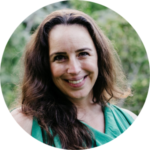 Meghan E. López is the Regional Director for Latin America for the International Rescue Committee (IRC), a Doctorally prepared Board-Certified Family Nurse Practitioner with nearly 20 years of experience working internationally for children, families and vulnerable communities. Meghan received her Bachelor of Arts in the Politics of Religion from Dartmouth College, after which she spent four years in Paraguay supporting communities in beekeeping and health and sanitation. She returned to the United States to pursue a Master of Science in Nursing at Johns Hopkins University where she also became certified as a Doula, or birth companion. Most recently Meghan achieved her Doctorate from Johns Hopkins University implementing a violence prevention project in communities impacted.
Meghan E. López is the Regional Director for Latin America for the International Rescue Committee (IRC), a Doctorally prepared Board-Certified Family Nurse Practitioner with nearly 20 years of experience working internationally for children, families and vulnerable communities. Meghan received her Bachelor of Arts in the Politics of Religion from Dartmouth College, after which she spent four years in Paraguay supporting communities in beekeeping and health and sanitation. She returned to the United States to pursue a Master of Science in Nursing at Johns Hopkins University where she also became certified as a Doula, or birth companion. Most recently Meghan achieved her Doctorate from Johns Hopkins University implementing a violence prevention project in communities impacted.
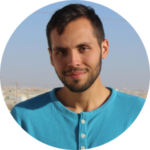 Michael (Mike) Niconchuk is a neuroscience researcher based at Beyond Conflict in Boston. Mike is the editor of The Field Guide for Barefoot Psychologists, a translational neuroscience and self-care book for young migrants and refugees in the MENA region, and he conducts research on stress, violence, and intergroup dynamics from a neurobiological perspective. Prior to Beyond Conflict, Mike spent 7 years working with post-conflict and displaced communities in Latin America and the Middle East, and has worked extensively with young people at risk of violence and conflict with the law. For three years, Mike worked as Emergency Response Coordinator in Za’atri Refugee Camp in Jordan, leading various projects for violence reduction, youth leadership, and alternative education. Mike has also worked with Syrian refugees in Germany and Canada, conducting research on the links between forced displacement, trauma, social cognition, decision-making, and social behavior.
Michael (Mike) Niconchuk is a neuroscience researcher based at Beyond Conflict in Boston. Mike is the editor of The Field Guide for Barefoot Psychologists, a translational neuroscience and self-care book for young migrants and refugees in the MENA region, and he conducts research on stress, violence, and intergroup dynamics from a neurobiological perspective. Prior to Beyond Conflict, Mike spent 7 years working with post-conflict and displaced communities in Latin America and the Middle East, and has worked extensively with young people at risk of violence and conflict with the law. For three years, Mike worked as Emergency Response Coordinator in Za’atri Refugee Camp in Jordan, leading various projects for violence reduction, youth leadership, and alternative education. Mike has also worked with Syrian refugees in Germany and Canada, conducting research on the links between forced displacement, trauma, social cognition, decision-making, and social behavior.
 Myrto Xanthopoulou is a non-profit consultant, with extensive experience in the field in Greece. She offers strategic advice services to non-profit entities, corporate entities and philanthropic foundations in areas of strategy planning, grant management, CSR planning, advocacy, restructuring, fundraising, program planning, evaluation and implementation.
Myrto Xanthopoulou is a non-profit consultant, with extensive experience in the field in Greece. She offers strategic advice services to non-profit entities, corporate entities and philanthropic foundations in areas of strategy planning, grant management, CSR planning, advocacy, restructuring, fundraising, program planning, evaluation and implementation.
She is also a Board member at Terre des Hommes Hellas, a Board member at Stray.gr, a Mentor at Social Dynamo and an SNF Fellow at the Tallberg Foundation.
Myrto holds a BA in Philosophy, Politics and Economics from the University of Oxford and an MSc in Management from the London School of Economics.
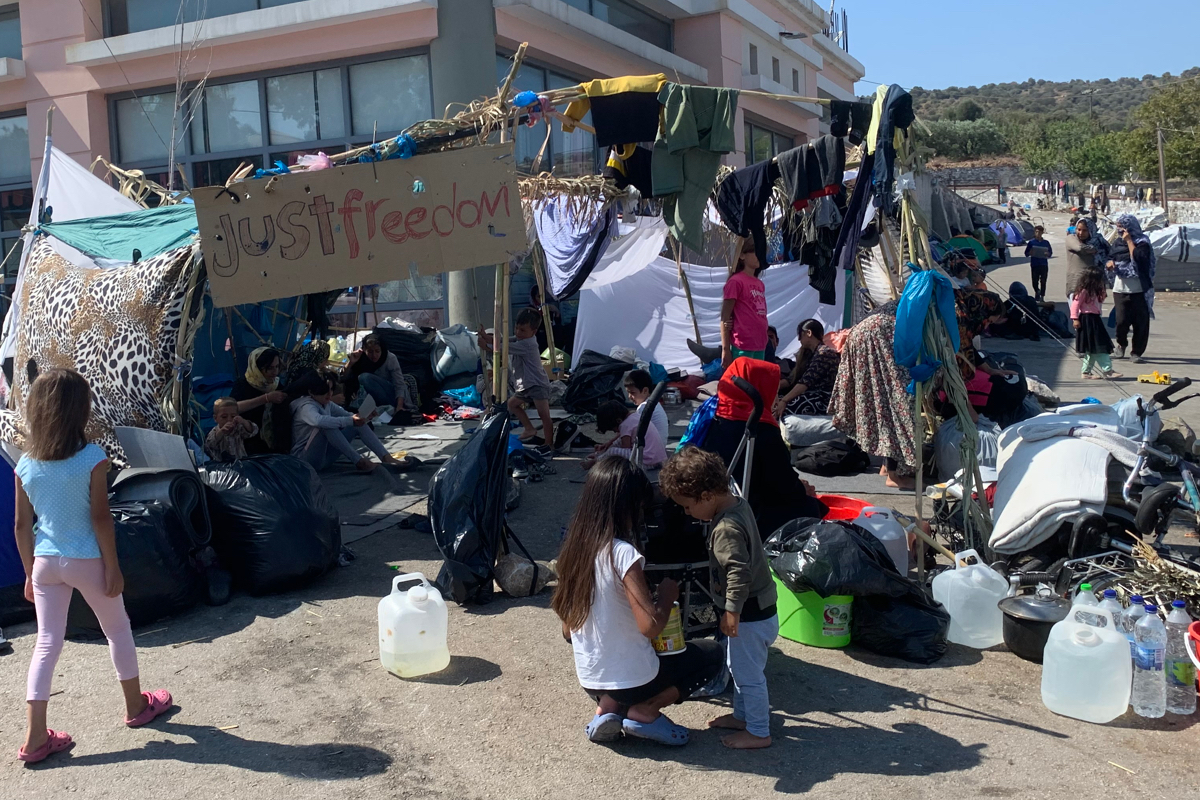
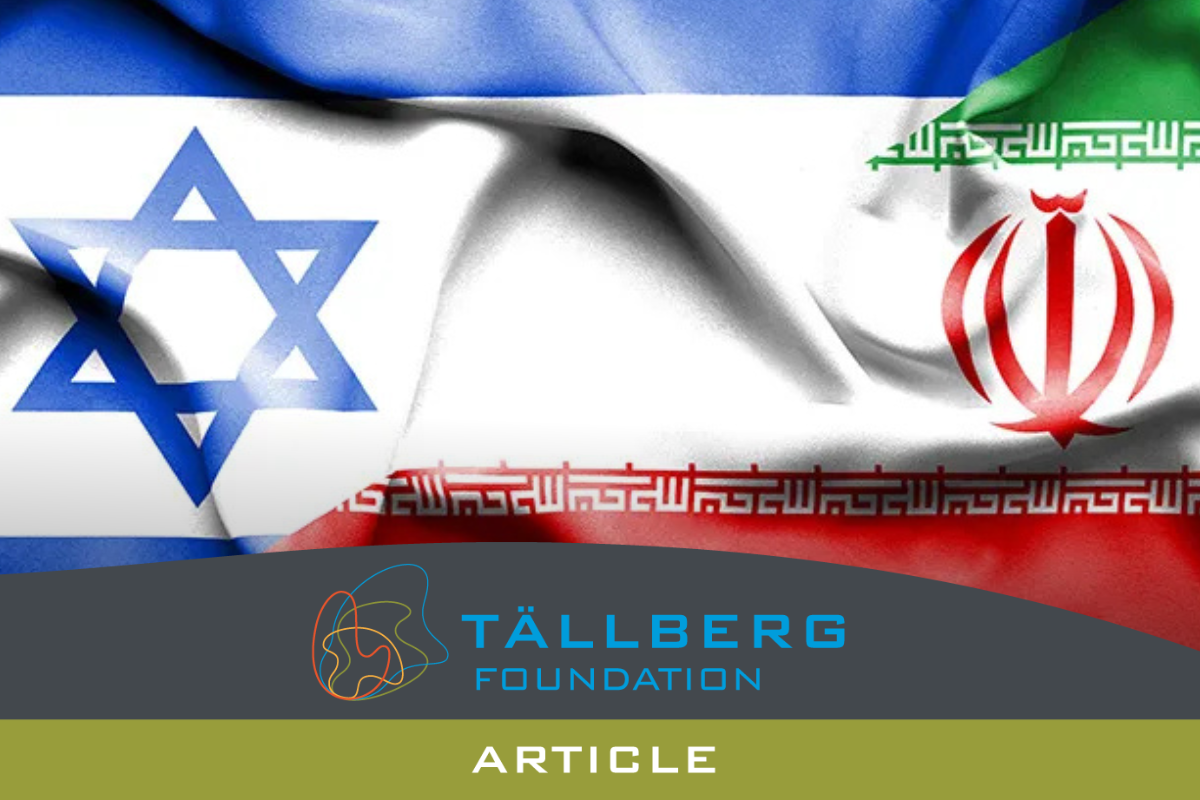
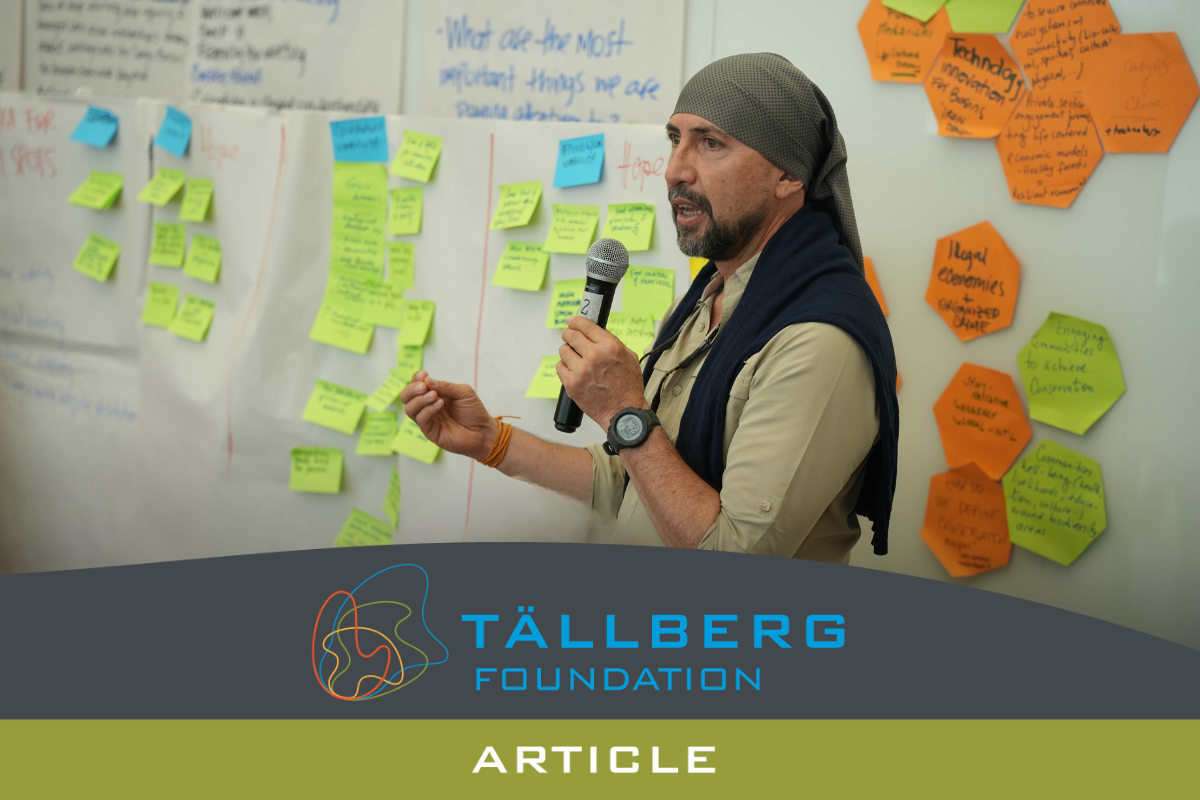


“We have to live together as brothers or perish as fools” Martin Luther King
We must learn